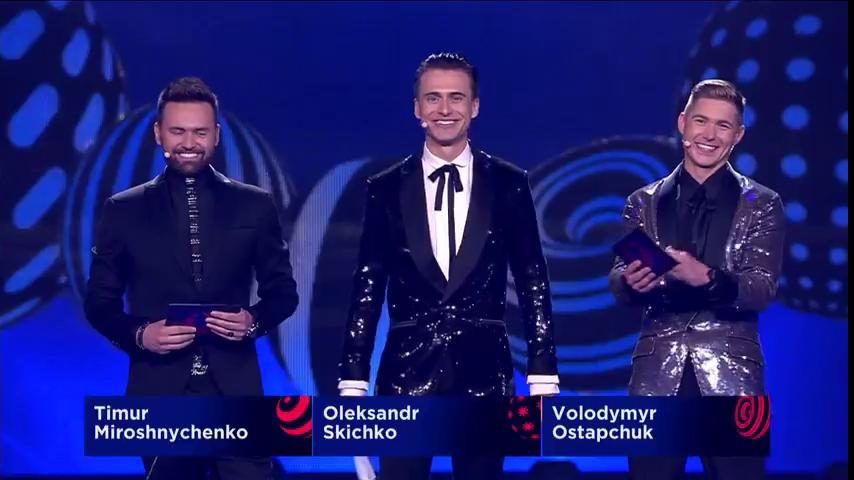Last week’s Eurovision theme was ‘Celebrating Diversity’, but did they really accomplish that?
Eurovision has just come to close and in its wake has left questions about the singing competition’s role as advocate for the LGBT community. This year, out of any year, the competition should have highlighted the diversity of gender and sexuality, what with the theme being ‘Celebrating Diversity’. But let’s take a look at how it fell short.
In preparation for the Euro-wide event, Kiev, capital of Ukraine and this year’s host, decided that a rainbow decorated monument would be appropriate to the diversity theme. The said monument was The Friendship of Nations Arch, erected in 1982 during the Soviet era to celebrate Ukraine’s unification with Russia.
Usually stark grey, the rainbow was in the process of being painted for the duration of Eurovision, when far-right nationalists and anti-LGBT groups forced work to be shut down, calling it ‘perverted symbolism,’ resulting in the ‘compromise’ of leaving parts of the ‘rainbow’ uncoloured.
In light of this and previous anti-LGBT movements and attacks in Ukraine, such as the 2015 March for Equality in Kiev where 9 police were injured, caution was advised for any LGBT fans attending Eurovision. But alongside this some locals hoped the presence of so many openly gay people would force the country to re-examine its position on the LGBT community and its stance on LGBT legal protection and civil rights, the current state of which is appalling.
Now onto the competition itself.
The choice of three white men as this year’s presenters has caused many a mocking comment across the internet. Where’s the diversity you might ask? Well you’re not the only one wondering. While the slot is usually filled by a man and woman, Ukraine is making Eurovision history by electing their non-diverse triplets, and according to many watchers, their talents weren’t as dazzling as some diversity would have been.
It has to be remember though that Eurovision does symbolise for many LGBT identifiers as a time of celebration and safer travel. With its message of acceptance the contest has been associated with the LGBT community, although overt political messages and statements are banned by the competition.
That’s why this year’s theme of diversity was such an important one. While it does include diversity of culture and background, the opportunity was there for highlighting of gender and sexual diversity inclusion. Prejudice muddied the water and where acceptance could have been preached, hate got in the way.
Rainbows left unpainted and the blatant non-diverse faces of the hosts illustrate how Eurovision has a way to go as a supporter of the LGBT community. This year’s competition saw too much of the host country’s own prejudice in the running of it, unfortunately taking away from the potential for LGBT support. Let’s hope next year sees the acceptance of diversity taken to the next level, so we can enjoy the musical talent of performers while also enjoying the peaceful acceptance of all.
